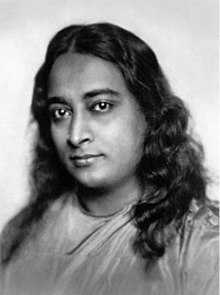Welcome to Citizendium: Difference between revisions
Pat Palmer (talk | contribs) (Linking to "The ten commandments of good historical writing" which has good advice for all articles in this wiki) |
Pat Palmer (talk | contribs) mNo edit summary |
||
| Line 99: | Line 99: | ||
|''Questions and answers to help you find the information you need''<br /> | |''Questions and answers to help you find the information you need''<br /> | ||
|} | |} | ||
===='''Notes'''==== | |||
<references /> | |||
Revision as of 10:08, 14 May 2023
Help Write Articles about our WorldWelcome to Citizendium, a wiki for providing free knowledge where authors use their real names. We write the kinds of encyclopedia-style articles that Wikipedia can't write. We regard information as a public good and welcome anyone who wants to share their knowledge on virtually any subject. Our online community prides itself on being congenial and supportive. Our goals have changed over the years. Please read more about who we are. See Recent Changes—an overview of articles we are writing now.
Become a member--it's free!
We are no longer using Google Docs to take applications. Please do this instead: Instructions for joining this wiki.
Notes
|
Continued...
|
|||||||||||
